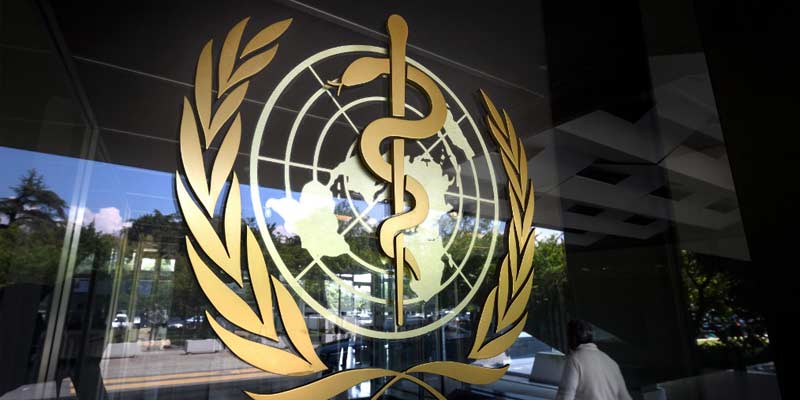- World
- Sep 06
WHO adds cancer, diabetes medicines to essential list
• The World Health Organisation (WHO) released updated editions of its Model Lists of Essential Medicines (EML) and Essential Medicines for Children (EMLc), adding new treatments for various types of cancer and for diabetes with associated co-morbidities such as obesity.
Updating WHO Model Lists
• Launched in 1977 largely to promote better access to medicines in developing countries, the WHO Model Lists have become a trusted global policy tool for decisions related to the selection and universal coverage of medicines within all health systems.
• The Model Lists are updated every two years by an Expert Committee, made up of recognised specialists from academia, research and the medical and pharmaceutical professions, to address new health challenges, prioritize highly effective therapeutics and improve affordable access.
• WHO EML and EMLc include medicines for priority health needs of populations. They are adopted in over 150 countries, serving as a basis for public sector procurement, supply of medicines and health insurance and reimbursement schemes.
• The WHO Expert Committee on the Selection and Use of Essential Medicines reviewed 59 applications, including 31 proposals for the addition of new medicines or medicine classes.
• As a result, 20 new medicines were added to the EML and 15 to the EMLc, along with new use indications for seven already-listed products.
• The updated lists now include a total of 523 essential medicines for adults and 374 for children, reflecting the most pressing public health needs.
• The revisions mark the 24th edition of WHO EML and 10th edition of EMLc.
Cancer medicines
• Cancer is the second leading cause of death globally, claiming nearly 10 million lives each year and responsible for almost one in three premature deaths from non-communicable diseases.
• Cancer treatments have been a major focus of the WHO EML for the past decade.
• With cancer medicines accounting today for about half of all new drug approvals by regulatory agencies, the Expert Committee applies rigorous criteria to recommend only those therapies that offer the greatest clinical benefit.
• WHO has added immune checkpoint inhibitors – powerful therapies that help the immune system target cancer cells, including pembrolizumab, atezolizumab and cemiplimab, for certain metastatic cancers, citing evidence they can extend survival.
Medicines for diabetes and obesity
• Diabetes and obesity are two of the most urgent health challenges facing the world today.
• Over 800 million people were living with diabetes in 2022, with half going untreated.
• At the same time, more than one billion people worldwide are affected by obesity, and rates are rising especially fast in low- and middle-income countries.
• These two conditions are closely linked and can lead to serious health problems, including heart disease and kidney failure.
• WHO added a group of medicines to help not only lower blood sugar but also support patients with type-2 diabetes.

